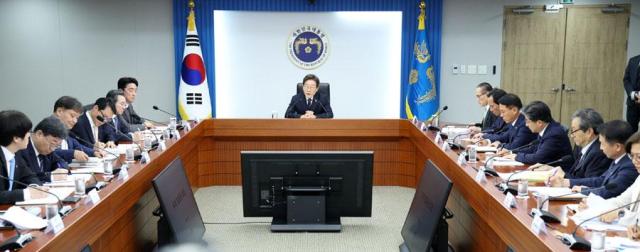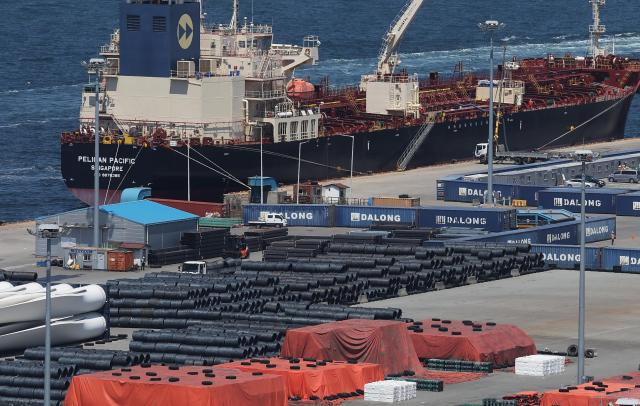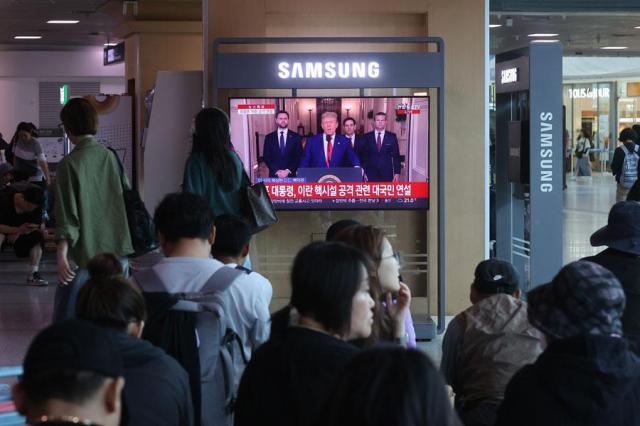
Initially, it was expected that the two leaders would hold their first meeting either on the sidelines of last week's Group of Seven (G7) summit in Canada or this week's NATO summit.
"Lee had considered attending the NATO summit, but he decided to skip it this time in consideration of various factors including internal affairs and other pressing issues amid the escalating situation in the Middle East," presidential spokesperson Kang Yoo-jung said on Sunday.
Lee, who took office earlier this month, already faces numerous tasks while still in the process of forming his cabinet and appointing key aides, as he had no time to spare for a full transition period, because he was elected to replace former disgraced President Yoon Suk Yeol after the Constitutional Court of Korea's ruling in April to impeach him over his botched martial law debacle late last year.
The ongoing deadly conflict between Iran and Israel, which could negatively impact the country's security and economy, made him even more busy as he needs to closely to monitor the situation and comes up with relevant measures.
Amid the U.S.' overnight military operation over the weekend dubbed "Midnight Hammer," which struck three Iranian nuclear sites including a secret underground uranium enrichment facility in a remote mountainous area near Tehran using powerful "bunker-buster" bombs for the first time, uncertainty also looms over Trump's participation in the NATO summit.
This development led Lee to forgo his trip to the European country, as he would once again be unable to sit down with Trump, after their planned meeting in Canada fell through last week due to his early departure.
During their first phone conversation shortly after Lee's inauguration, the two leaders agreed to meet as soon as possible, either on the sidelines of a multilateral gathering or through a bilateral visit. However, with current domestic and international circumstances not permitting, it is unlikely that Lee will visit Washington soon, although Seoul aims to hold a summit no later than August to avoid excessive delays in coordination between the two allies.
If current domestic and international circumstances linger, their first meeting may instead take place on the sidelines of the high-level session of the U.N. General Assembly in New York in September or at the Asia-Pacific Economic Cooperation (APEC) summit scheduled for the country's southern historic city of Gyeongju at the end of October.
Meanwhile, there are fears that the U.S. could resort to similar strikes against North Korea if future denuclearization talks with the renegade country fail, although many experts believe that is unlikely, as Pyongyang reportedly has about 50 nuclear warheads, which can be mounted on intercontinental ballistic missiles capable of reaching the U.S. mainland.
Copyright ⓒ Aju Press All rights reserved.





View more comments